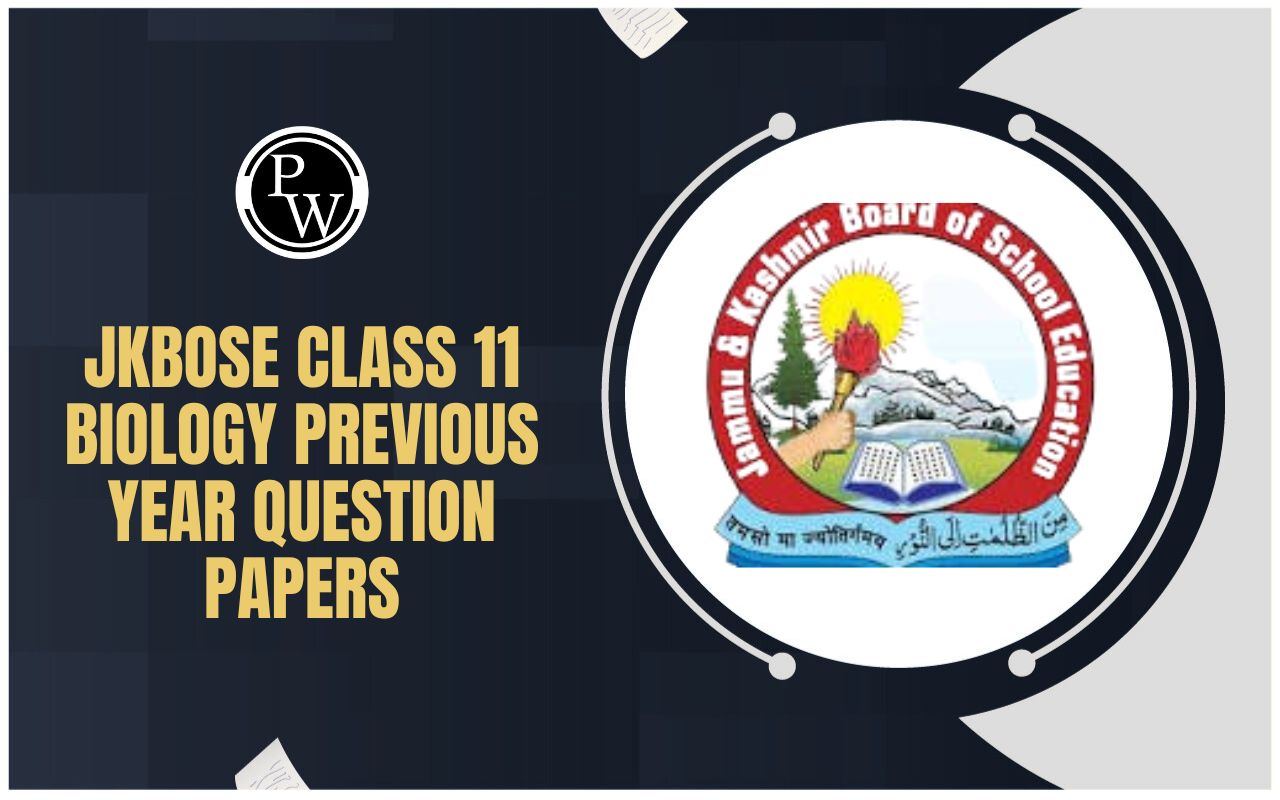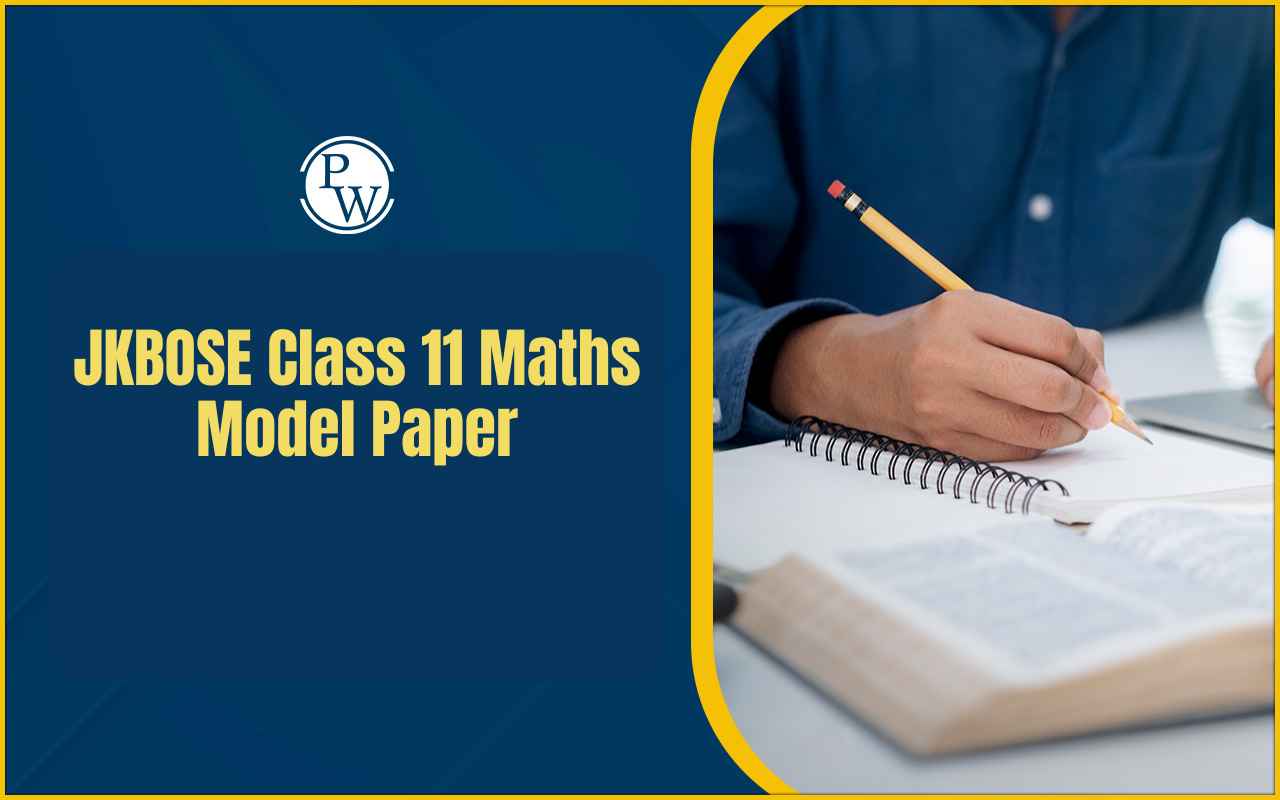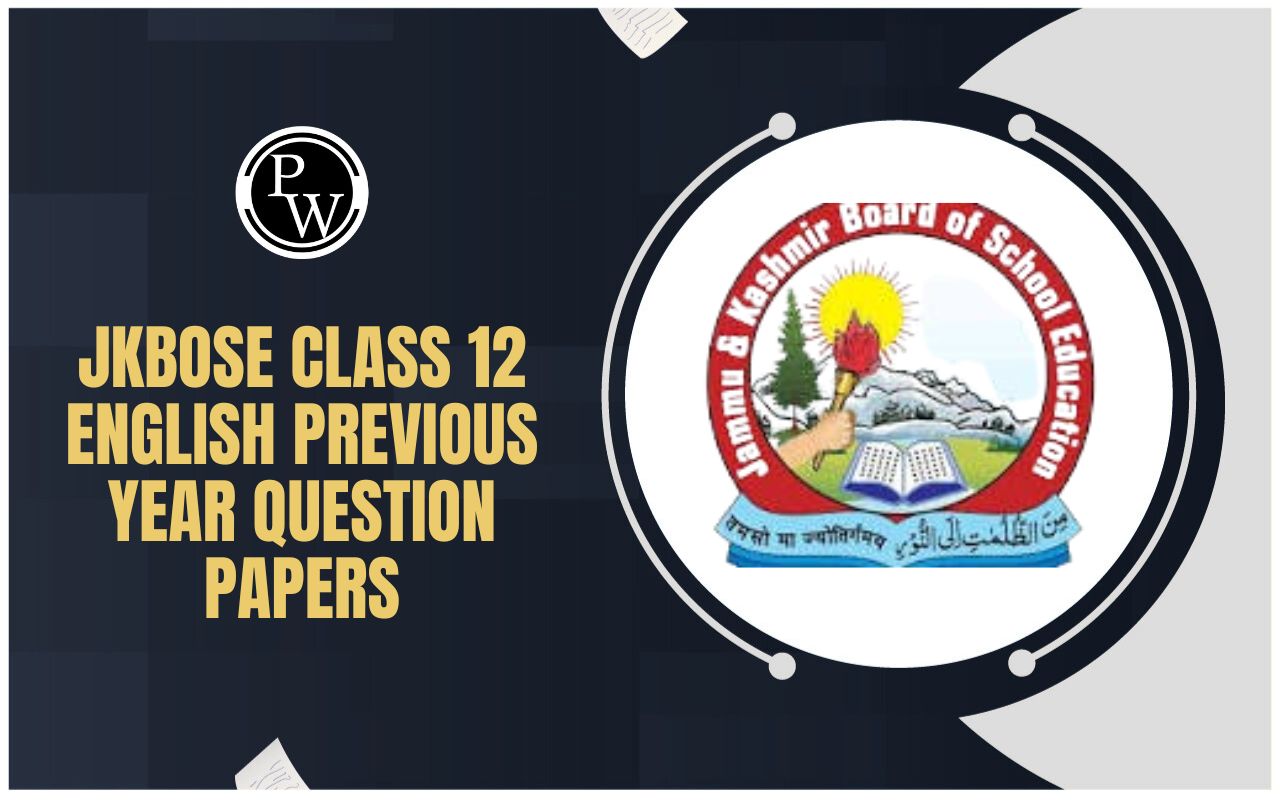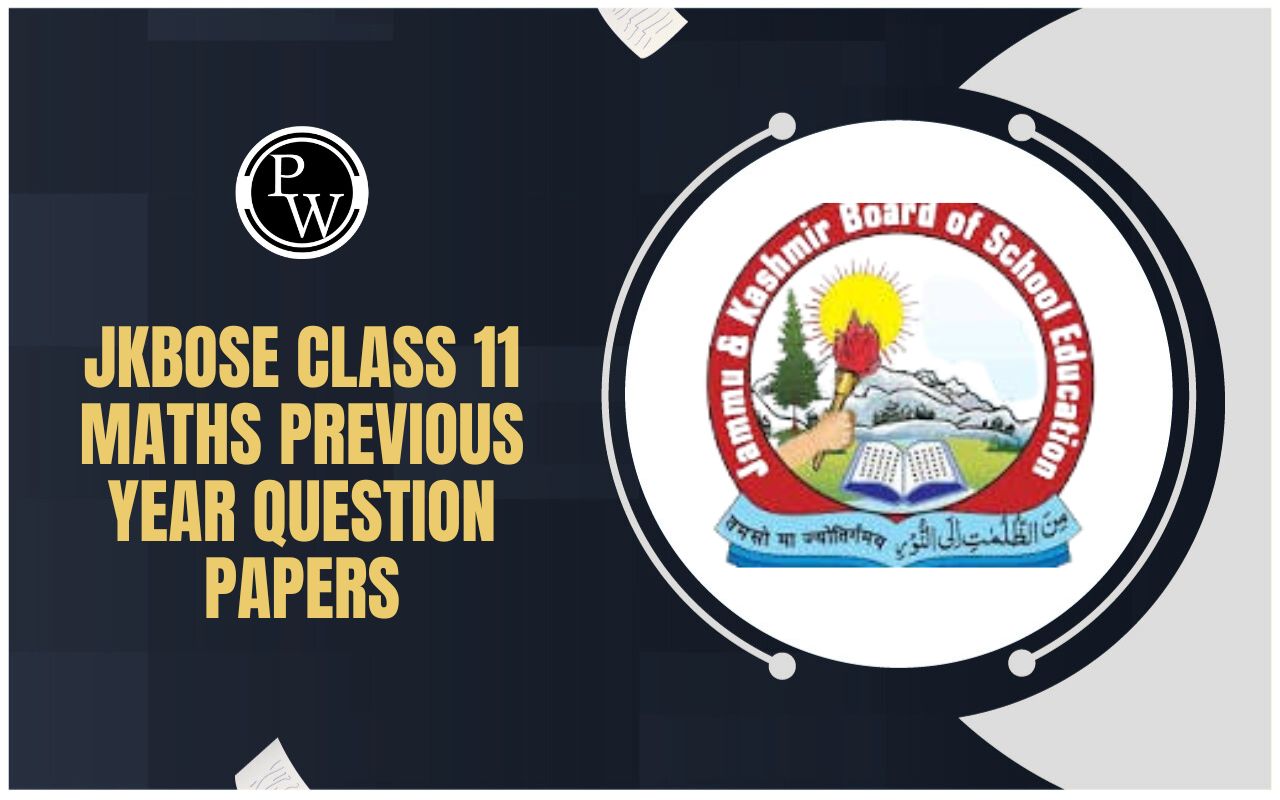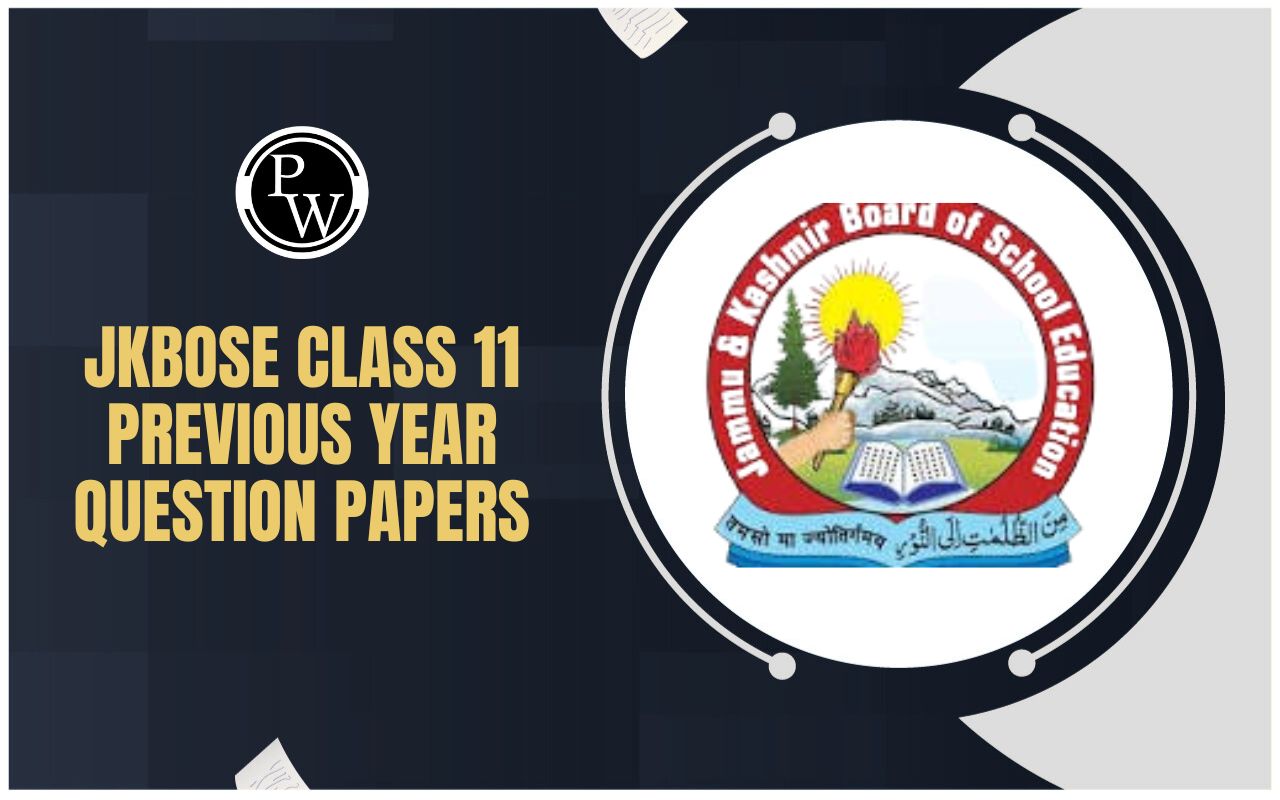
JKBOSE Class 12 History Syllabus 2025: The official syllabus of JKBOSE Class 12 History has been released for the students preparing for the board exams 2025. Students must adhere to the syllabus and prepare accordingly keeping in mind the exam pattern and the syllabus.
The JKBOSE syllabus follows the NCERT curriculum, providing standardized education and focusing on understanding of concepts rather than simply memorizing. For this reason, the board has also included the practical assessment which allows students to go beyond the syllabus and research and interpret data. This develops critical thinking and analyzing skills.
JKBOSE Class 12 History Syllabus 2025
The JKBOSE Class 12 History Syllabus 2025 includes the three themes of Indian History which allows students to learn about the past and the present. It provides a chronological (date-wise) understanding from ancient civilizations like Harappa to modern India’s Constitution-making.
Not only this, it also includes a variety of sources like inscriptions, architecture, texts through which students will not only gain factual knowledge but also understand and analyze historical developments.
JKBOSE Class 12th Supplementary Exam Timetable for 2025
JKBOSE Class 12 History Syllabus 2025 Exam Pattern
The JKBOSE Class 12th Exam Pattern 2025 introduces the students to the types of questions that will come in the exam. Students must thoroughly understand the question types whether they are MCQs, short answer or long answer type questions.
The exam pattern gives a clear division of marks between sections. Students must prepare accordingly and practice answer writing to improve their time management if they are lacking. It allows students to focus on high-weightage sections and approach the exam with confidence.
JKBOSE Class 12 History Syllabus 2025 PDF Download
Before beginning to prepare for the exam, students should go through the syllabus carefully and analyze the marking scheme and the exam pattern to create an effective study plan. A clear understanding of the syllabus also helps students prepare well for the exams and score well. A separate PDF of the syllabus is given here:
Do you need help with your homework or preparing for exams?
Study without using the internet
JKBOSE Class 12 History Syllabus 2025 Marking Scheme
The JKBOSE Class 12 History Syllabus 2025 Marking Scheme gives a complete overview of how students must prepare for the board exams. It includes detailed sub topics for each unit, allowing students to focus on important themes and structure their study plan effectively.
As the syllabus clearly states the exam pattern, students will be able to analyze which topic to prepare in depth and which to prepare objectively. It also includes mind maps, HOTS (Higher Order Thinking Skills) questions, and internal project work.
The theoretical part (the written exam) carries 80 marks while the project work which requires research carries 20 marks.
|
JKBOSE Class 12 History Syllabus 2025 Marking Scheme |
|
|
Subject |
Marks |
|
Themes in Indian History (Part I) |
25 |
|
Themes in Indian History (Part II) |
25 |
|
Themes in Indian History (Part III |
25 |
|
Map Work |
5 |
|
Project Work |
20 |
|
Total Marks |
100 |
The Project work helps students to develop research skills by exploring historical topics in depth, analyze sources, interpret data, and present their findings in their own way.
|
Project Work (Internal) |
|
|
Project Synopsis |
02 marks |
|
Data/Statistical Analysis/Map Work |
03 Marks |
|
Visual/Overall Presentation |
05 Marks |
|
Analysis/Explanation and Interpretation |
05 Marks |
|
Bibliography |
01 Marks |
|
Viva-Voce |
04 Marks |
|
Total |
20 Marks |
JKBOSE Class 12 History Syllabus 2025 Recommended Books
The JKBOSE follows the NCERT curriculum, focusing on conceptual understanding. Students must refer to the books given below:
-
Themes in Indian History, Part I, Class XII, Published by NCERT.
-
Themes in Indian History, Part II, Class XII, Published by NCERT.
-
Themes in Indian History, Part III, Class XII, Published by NCERT.
JKBOSE Class 12 History Syllabus 2025 Benefits
-
The JKBOSE Class 12 History Syllabus 2025 comprehensively covers all the major eras in history: Ancient, Medieval, and Modern India. This allows students to understand every aspect of the society whether it is religion, politics, and economy.
-
It includes topics like the Nationalist Movement that enables students to develop critical thinking skills and gives them the ability to analyze and compare historical events.
-
It follows a balanced marking scheme as it includes various types of questions i.e., objective, MCQs, short answer, and long answer questions.
-
The syllabus offers a well-structured approach to students as it includes the themes in Indian History which also helps in preparation of competitive exams like UPSC and CUET.
-
The curriculum not only focuses on conceptual learning but also allows students to develop research skills through practical assessment which requires research on topics like J&K’s cultural development, food, clothing, and treaties.
JKBOSE Class 12 History Syllabus 2025 FAQs
What is the syllabus of history class 12?
What are the optional subjects in Jkbose?
What is the marking scheme for JKBOSE Class 12 History 2025?
Where can I download the JKBOSE Class 12 History Syllabus PDF?




